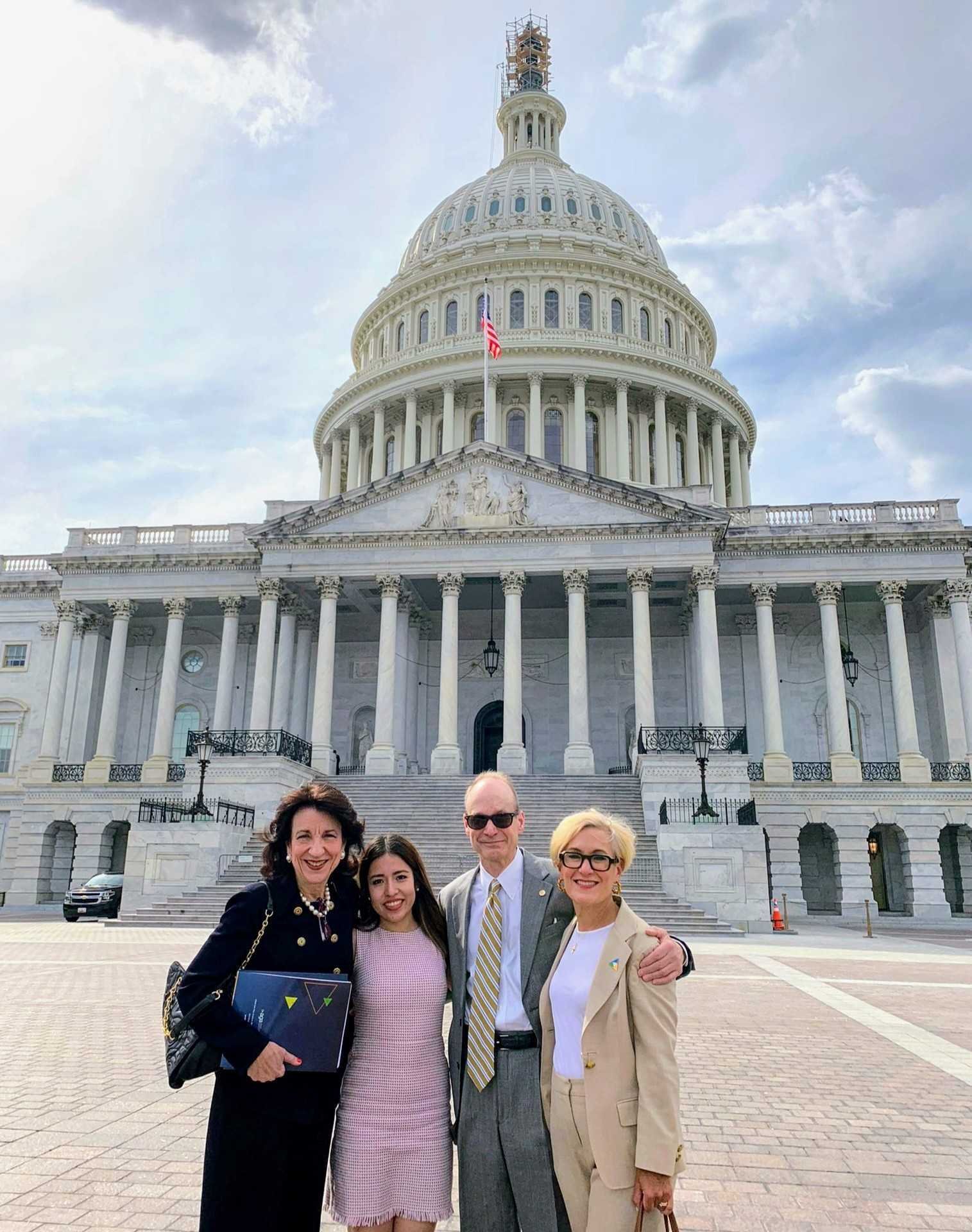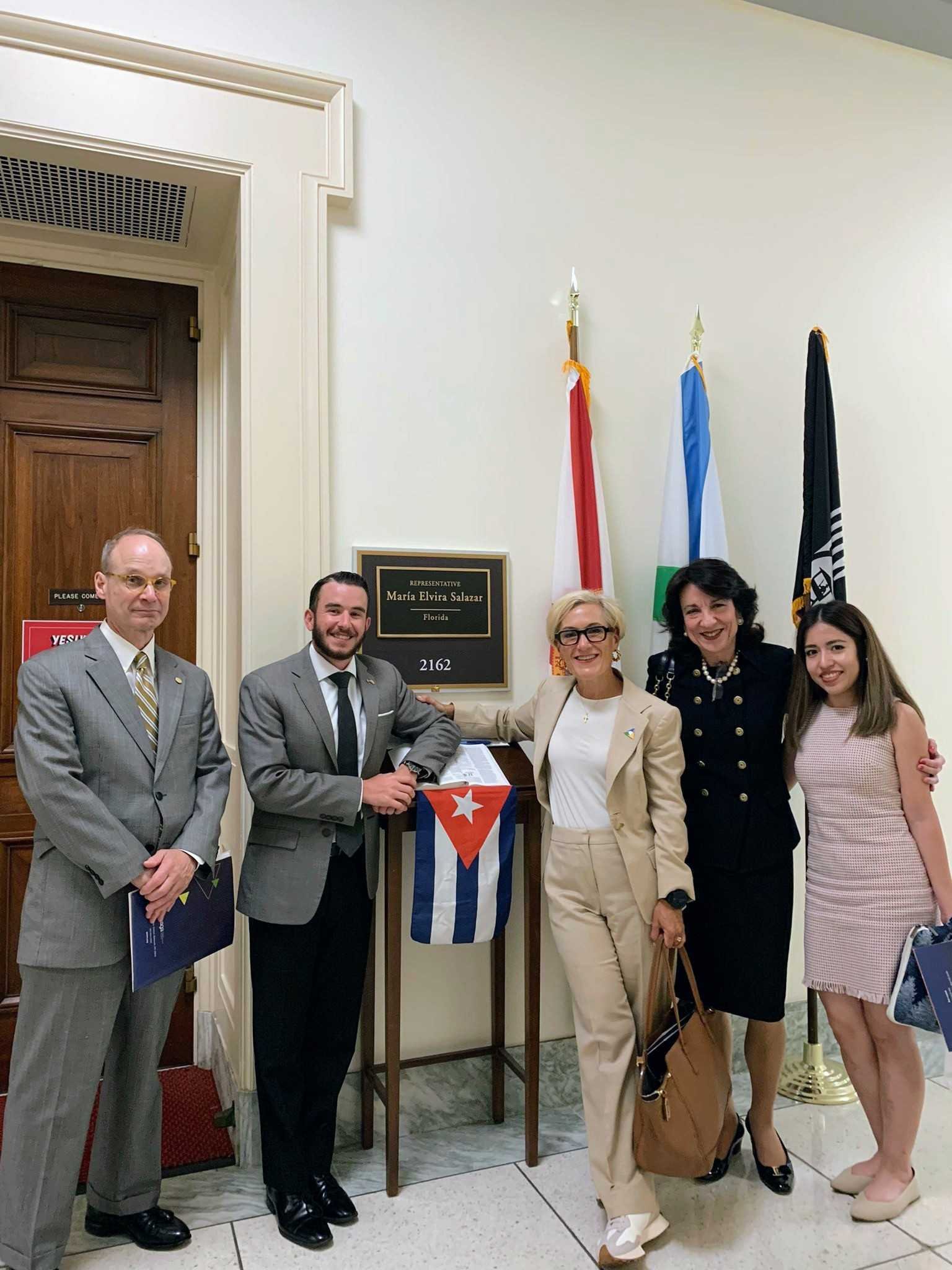Seeking meaning in illness
By Tanisha Singh from India
Psychoanalytical literature has often suggested that every symptom/illness often has an adaptive purpose, no matter how intolerable and unpleasant. In some aspects, in which the illness prevented something worse and prevented the recognition and perpetuation of a reality that was probably intolerable. It is in this that the illness may offer to the bearer something of value to be derived from one’s future with illness. Freud was of the idea that neurosis or illness would block the instinctual energies of one’s psyche which are so essential for one to be able to live a full life, as if split off from one’s internal drives/instincs. So, it is suggested that perhaps, in one sense, illness may offer an opportunity to free up those psychical forces that are now presenting in front of us as illness, which otherwise would have operated overtly, hidden from view, somewhere in some layer of the psyche.
I have learnt that a chronic illness does not just fit into my life as it was, or into my personhood as it was, and that a new life/self had to be constructed for me to accommodate this reality of having a chronic illness in a way that is atleast somewhat tolerable or settled. That I suppose, would require even a cognitive and emotional meaning making exercise, which I feel this psychoanalytical view of illness has offered to me.
I was living a life where I was working two jobs (having halted my studies), eating less, working hard at work, at the gym, at every aspect of my life to be able to overcome my reality: a reality with minimal familial support, with meagre financial resources, what have you. I was extremely lonely, unhelped, and alone. I missed having a family, I missed feeling supported and I really missed not having to put out one fire after another which was wearing out my nervous system at a rapid rate. What was worse is that this sense of turmoil was not just environmental, it was also an internal state. I was determined to change my circumstances, so day in and day out I breathed the fire of restless ambition. The fire, which is often idealized in the capitalistic world, was not a home the body-mind should have to perpetually rest in. Where was the ‘rest’ even?
To cut the long story short, a couple years later, I found myself with an illness that would said, “I am here to stay, and I can’t be ignored.”
It took falling this severely ill for me and my family (atleast a part of it) to notice me and come to my aid. It took falling this sick for me to finally quit chasing a ghost and to slow down. It took me the morbidities of a being a mortal being to acknowledge my mortality and not try to outrun it. To reasses my choices. To really ask myself, “If I am to live a difficult life, what would I want to really spend it doing? What would make the pain of it all slightly worth living through?”
It took my illness for me to find better meaning in my life. I wanted to live to be able to do the work that made other people’s lives a bit more tolerable, I wanted to live to be able to enable my closest friends and other loved ones lives their lives feeling more supported and loved! I wanted to love and laugh with my people, I wanted to dance, and read and speak to people about their realities and such. I wanted to rest! I wanted to slow down! I wanted to be helped. (And as I have said oftentimes before, there is respite in patienthood.)
And in a very twisted sort of way, rest and support only come with my illness. I still hate it though, but begrudgingly sometimes, I have to agree that it wasn’t random. It prevented something much worse: a complete exhaustion of the self in the pursuit of something while desiring and needing something entirely different that at the time didn’t feel like it could come.
Featured photo by Pixabay/www.pexels.com/photo/pile-of-books-159866/












